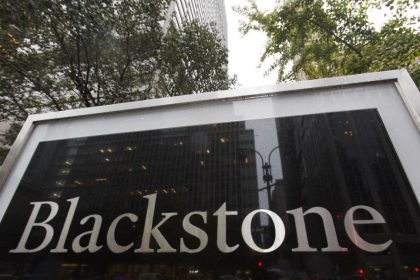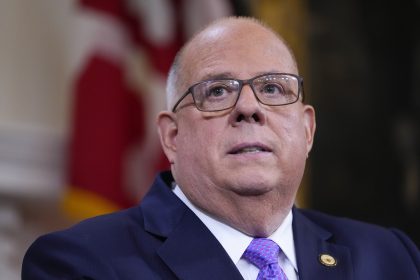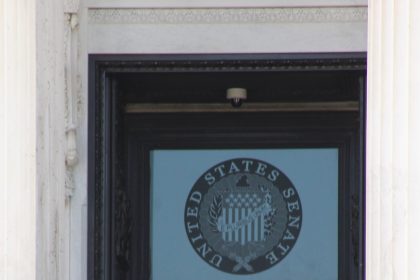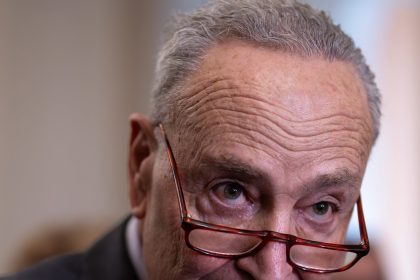Senate Investigates Private Equity Firms’ Control Over Health Care Facilities

WASHINGTON — A Senate committee sent letters to three private equity firms Monday demanding information about how they staff emergency departments of hospitals they own.
The Senate is investigating whether health care is suffering to increase profits for investors.
The investigation was prompted by reports from doctors about anti-competitive business practices and retaliation against staff members who complained.
The letters from the Homeland Security and Governmental Affairs Committee gave the investment firms until April 17 to respond.
“While these issues are not limited to private equity, they are exacerbated by the private equity business model, which hinges on highly leveraged debt, little equity and the need to obtain outsized returns within a limited time,” says the letter to the chief executive officers of Apollo Global Management and U.S. Acute Care Solutions.
Private equity firms operate about one-third of the nation’s emergency departments, according to the Senate committee.
The Senate is investigating the three largest private equity firms, namely Apollo Global Management, the Blackstone Group and Kohlberg Kravis Roberts. Blackstone, the biggest of the three, raised $125.6 billion over the past five years, according to a U.S. News and World Report article published in February.
Lawmakers’ concern was based on interviews with doctors at more than 40 emergency departments where the equity firms control operations.
Private equity firms provide financial backing to companies through investment strategies such as venture capital and leveraged buyouts. They have invested about $1 trillion in the health care industry in the past decade.
They are increasingly becoming major players in operations of hospitals, nursing homes, mental health facilities and in emergency department staffing.
To finance their growth, the firms sometimes assume large amounts of debt, drastically cut costs to increase their earnings, then sell out to new buyers at a profit that is distributed among investors.
“I am concerned that our nation’s largest emergency medicine staffing companies may be engaging in cost-saving measures at the expense of patient safety and care, which could put our nation’s emergency preparedness at risk,” Sen. Gary Peters, D-Mich., chairman of the Homeland Security and Governmental Affairs Committee, said in a statement.
The National Institutes of Health described similar concerns in a Jan. 23 report on its website.
It mentioned a Harvard University study showing that after hospitals were purchased by private equity firms, “patients had a substantial increase in infections, falls and other adverse events.”
Sometimes the sickest patients were transferred to other hospitals to maintain an image that death rates at health care facilities owned by private investors were relatively low, according to the Harvard report.
The Journal of the American Medical Association reported last year that a review of 300 hospitals demonstrated a 25% increase in serious adverse health problems for patients after the hospitals were acquired by private equity firms.
The most likely reason was fewer employees to care for patients, JAMA reported.
“I am pressing these companies and their private equity owners for needed transparency so that we better understand how their business practices could be affecting patient safety, quality care and physicians’ abilities to exercise independent judgment in providing patient care,” Peters said.
The private equity firms either declined to comment or denied skimping on health care.
Envision Healthcare, formerly owned by KKR, said in a statement, “Our clinicians care for patients and communities in their greatest time of need. Our number one priority is always the well-being of our clinicians and the patients they serve.”
You can reach us at [email protected] and follow us on Facebook and Twitter

























